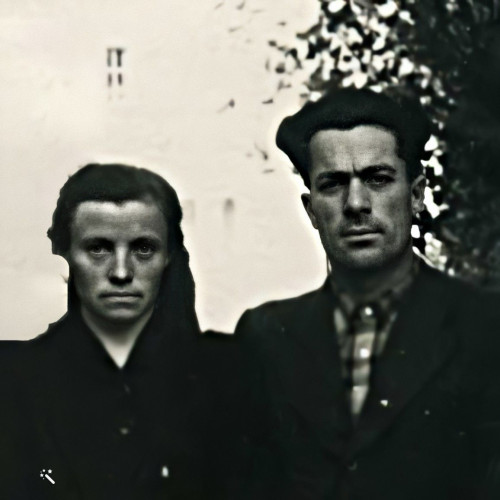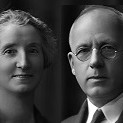Semen Biliczuk - Instytut Pileckiego
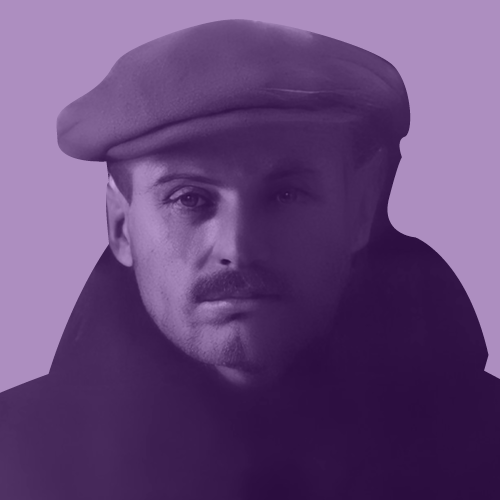
Jews, Ukrainians, Poles – the population of the prewar village of Kisielin [now Kysylyn] [now Kysylyn] was characterized by a vivid mosaic of ethnic and religious groups. The leader of such a community had to be able to find a common ground with everyone.
But apart from being the village head, Semen Bilichuk was also a father, and he attached great importance to this role: at the age of twenty, he had married Kateryna, with whom he had three daughters – Ahrypina, Iryna and Valentyna.
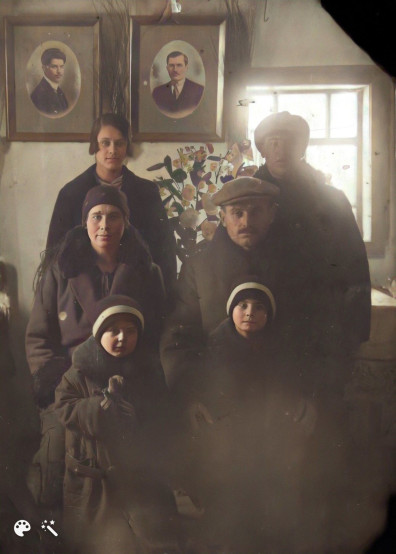
The Bilichuks lived in close proximity to the family of Antoni Sławiński. On Sunday, 11 July 1943, members of the Ukrainian Insurgent Army (faction of the Organization of Ukrainian Nationalists) attacked the Poles gathered for Holy Mass at the church in Kisielin. The attack resulted in the deaths of approximately 90 people.
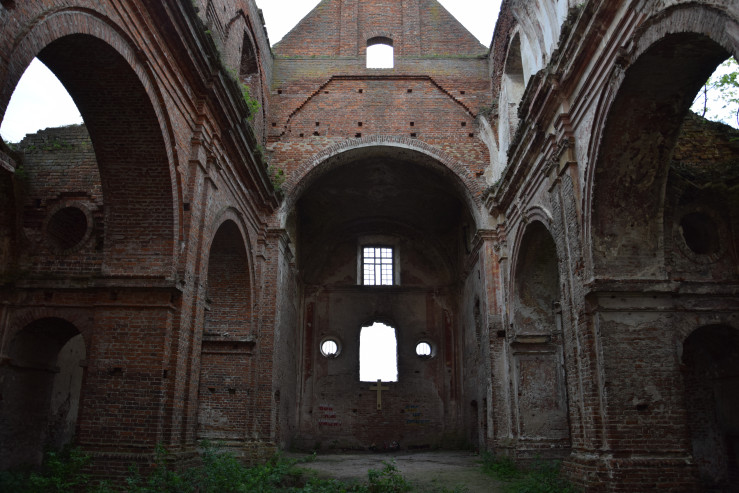
Four days later, Semen provided shelter to the Sławiński family, hiding them in the barn. The Banderites found out and came to the Bilichuks’ house, demanding to speak with Antoni. Here’s how Antoni’s daughter, Aniela Dębska, recalled this conversation later:
“they said that we didn’t have to run and we had nothing to fear, and that they were going home… Later on, after the soldiers went away, Bilichuk came to the barn. He told my father: ‘don’t listen to them, grab whatever you can and leave, because there’s no more life for you here.”
Semen’s words convinced the Sławińskis to leave Kisielin, which saved them from sharing the fate of their compatriots who were murdered by the Banderites. A year later, when the Red Army was advancing towards the settlement, the Bilichuks left for the village of Studynie and returned to Kisielin only after it seemed safe to do so. However, when Semen entered the house, the building exploded – Red Army soldiers had most likely mined it before continuing their westward march. Semen died instantly. His family remained in Kisielin.
“On that Thursday, when my husband was taken by cart to the hospital, we
spent the night in Bilichuk’s barn. Bilichuk came to the barn and invited my
father to the house. He said that some armed men, partisans, wanted to
speak to him. My father went there and we stayed put. When he returned,
he told us that they said we didn’t have to run, we had nothing to fear and
should return home... Later on, after the soldiers went away, Bilichuk came
to the barn. He told my father: ‘don’t listen to them, grab whatever you can
and leave, because there’s no life for you here anymore.’”
Account of Aniela Dębska from the 2003 film Oczyszczenie, directed by Agnieszka Arnold.
See also
- Jewhenia Bondaruk (1922–ok. 1995) Prokop Bondaruk (1918–2001)

awarded
Jewhenia Bondaruk (1922–ok. 1995) Prokop Bondaruk (1918–2001)
Yevhenia and Prokop Bondaruk lived near Yevhenia's mother, Oksana Karpiuk, and provided shelter not only to the youngest members of the Polish Adamowicz family, but also to their parents and grandmother.
- Peter Fraser (1884-1950) Janet Fraser (1888-1945)

awarded
Peter Fraser (1884-1950) Janet Fraser (1888-1945)
In the autumn of 1944, the troopship USS General George M. Randall was moored at the coast of New Zealand, carrying 733 Polish children – mostly orphans – and their guardians.
- Oksana Karpiuk (1892-?)

awarded
Oksana Karpiuk (1892-?)
Oksana found the children at nightfall. She hid not only the youngest members of the Polish family at her home, but also the elderly – the parents and the grandmother.
